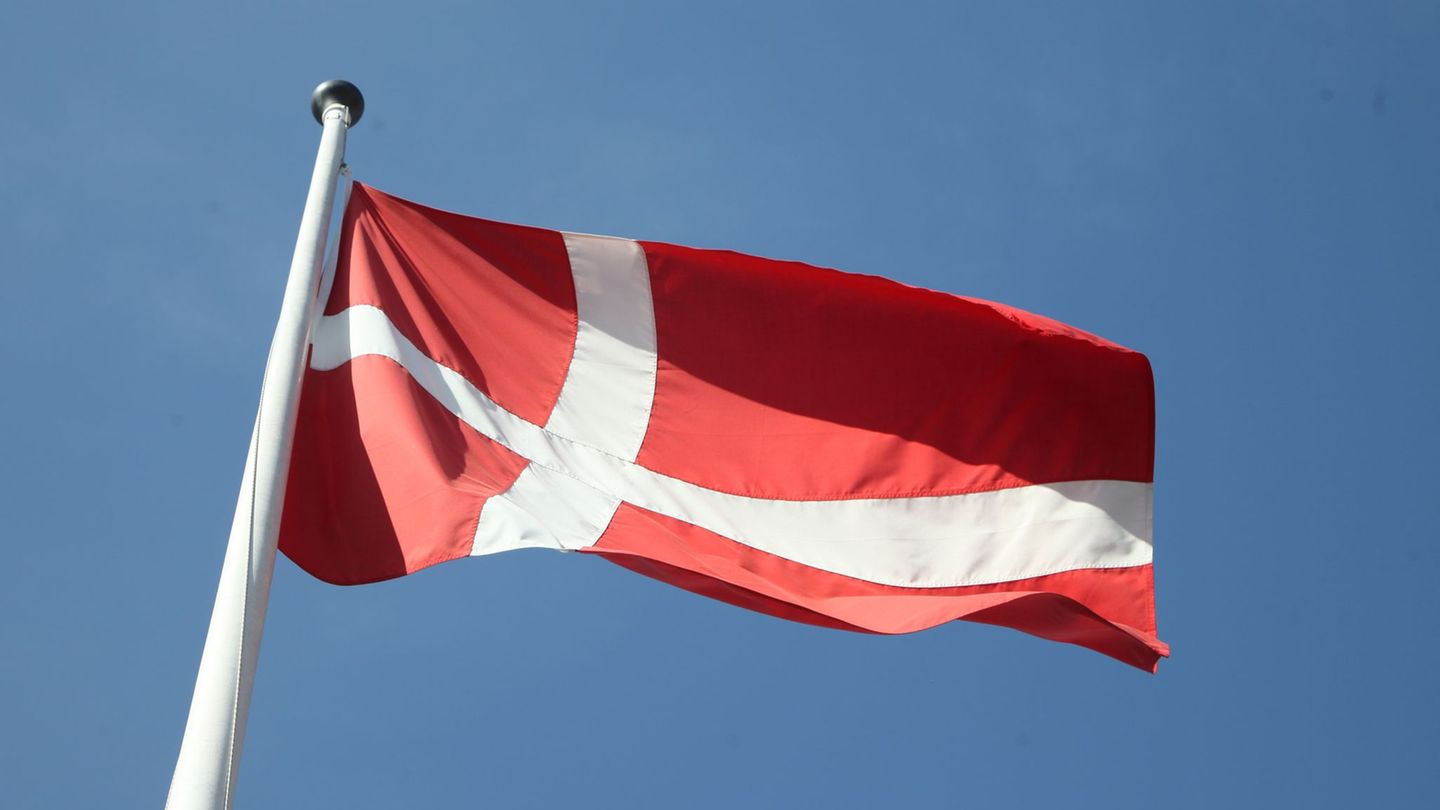In the autumn, the Union wants to decide who will lead it into the federal election. The favorite is the CDU, but someone else is ahead in the polls.
The next (planned) federal election is still a long way off, so the Union has not yet decided who it will put forward as a candidate for chancellor. If the people have their way, it will not be CDU leader Friedrich Merz. According to the latest Germany trend, he is only in third place in the Germans’ favor – behind the Bavarian Prime Minister Markus Söder and the head of the government of North Rhine-Westphalia Hendrik Wüst.
27 percent consider CDU leader to be a good candidate
According to the survey by Infratest dimap, 38 percent of respondents believe that Söder would be a good candidate for chancellor. That is four percentage points more than at the end of May. Wüst received 36 percent (plus 2), while CDU chairman Friedrich Merz received only 27 percent. In the opinion of Union supporters, Söder is even more clearly ahead of Merz and Wüst (47 percent each), with 59 percent.
The next federal election is scheduled to take place on September 28, 2025. Merz and Söder have agreed to make the decision on the candidacy for chancellor together in the fall. The CDU chairman, who is also the opposition leader in the Bundestag, is considered the clear favorite, including from Söder’s point of view. Before the last federal election, Söder’s ambitions to become chancellor had weakened the Union.
SPD hovers around 15 percent
In the polls, the CDU/CSU are currently clearly the strongest force. According to Infratest dimap, the CDU and CSU are at 32 percent, which is one percentage point more than at the beginning of July. The AfD is at 16 percent (minus 1), the SPD led by Chancellor Olaf Scholz is at 15 percent (plus 1). The Greens are losing one percentage point and are currently at 12 percent. This is their weakest value in the Germany trend since April 2018.
The Sahra Wagenknecht coalition received 9 percent (plus 1), while the FDP, with 5 percent approval, is worried about being re-elected to the Bundestag. All other parties currently account for 11 percent (-1) – including the Left Party.
Surveys are not forecasts
Election polls are generally subject to uncertainty and only reflect the opinion at the time of the survey. They are not predictions of the election outcome.
Source: Stern
I have been working in the news industry for over 6 years, first as a reporter and now as an editor. I have covered politics extensively, and my work has appeared in major newspapers and online news outlets around the world. In addition to my writing, I also contribute regularly to 24 Hours World.




